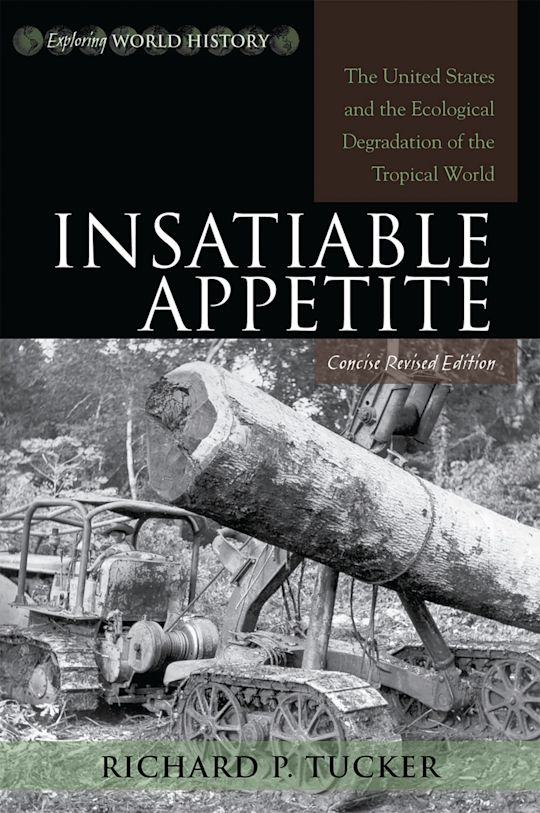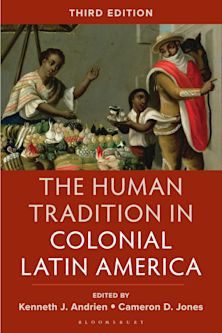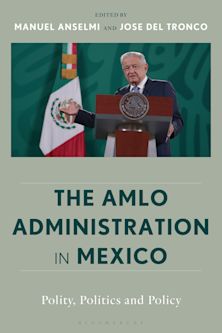Insatiable Appetite
The United States and the Ecological Degradation of the Tropical World
- Textbook
Insatiable Appetite
The United States and the Ecological Degradation of the Tropical World
- Textbook
This product is usually dispatched within 3 days
- Delivery and returns info
-
Free US delivery on orders $35 or over
Description
Now in a concise edition created expressly for students and general readers, this widely hailed study traces the transformation of the tropics in modern times. Exploring the central role of the United States in the ongoing devastation of tropical lands, Richard P. Tucker shows how, in the late 1800s, American speculators first became participants in the centuries-long history of European economic and ecological hegemony in the tropics. Beginning as buyers in the tropical ports of the Atlantic and Pacific, they evolved into land speculators, controlling and managing the areas where tropical crops were grown for carefully fostered consumer markets at home. As corporate agro-industry emerged, the speculators took direct control of the ecological destinies of many tropical lands. Supported by the U.S. government's diplomatic and military protection, they built private empires in the Caribbean, Central and South America, the Pacific, Southeast Asia, and West Africa.
Yankee investors and plantation managers mobilized engineers, agronomists, and loggers to undertake what they called the "Conquest of the Tropics," claiming to bring civilization to benighted peoples and cultivation to unproductive nature. In competitive cooperation with local landed and political elites, they not only cleared natural forests but also displaced multicrop tribal and peasant lands with monocrop export plantations rooted in private property regimes.
In a masterful narrative, Tucker highlights the unrelenting pressure that the demands of U.S. consumerism placed on fragile tropical lands. The forced domestication of widely varied natural systems ultimately led to a devastating decline in biodiversity. The author brings his analysis to life with a series of vivid case studies of sugar, bananas, coffee, rubber, beef, and timber—each a virtual empire in itself. All readers who are interested in environmental degradation and its links to the world economy will be enlightened by this nuanced history.
Table of Contents
Chapter 1: America's Sweet Tooth: Cane Sugar Transforms Tropical Lowlands
Chapter 2: Banana Republics: Yankee Fruit Companies and the Tropical American Lowlands
Chapter 3: The Last Drop: The American Coffee Market and the Hill Regions of South America
Chapter 4: The Tropical Cost of the Automotive Age: Corporate Rubber Empires and the Rainforest
Chapter 5: The Crop on Hooves: American Cattle Ranching in Latin America
Chapter 6: Unsustainable Yield: American Loggers and Foresters in the Tropics
Conclusion: Consuming Appetites
Product details
| Published | Apr 16 2007 |
|---|---|
| Format | Paperback |
| Edition | 1st |
| Extent | 280 |
| ISBN | 9780742553651 |
| Imprint | Rowman & Littlefield Publishers |
| Dimensions | 9 x 6 inches |
| Series | Exploring World History |
| Publisher | Bloomsbury Publishing |
Reviews

ONLINE RESOURCES
Bloomsbury Collections
This book is available on Bloomsbury Collections where your library has access.


































